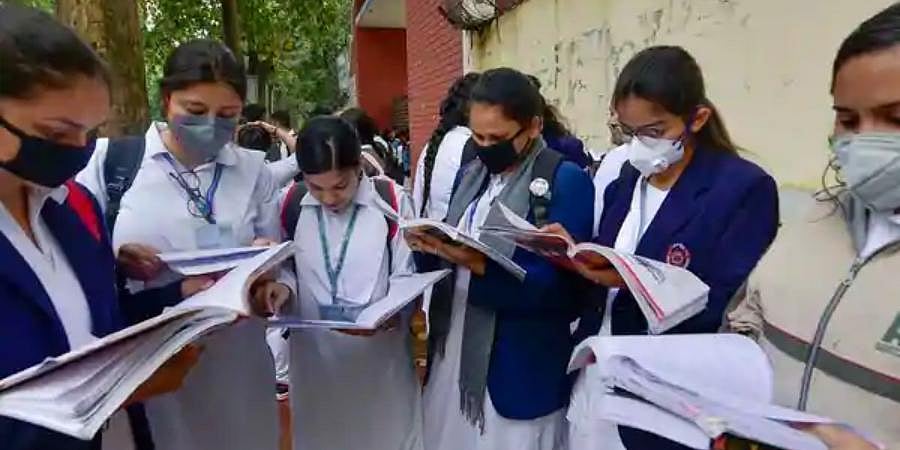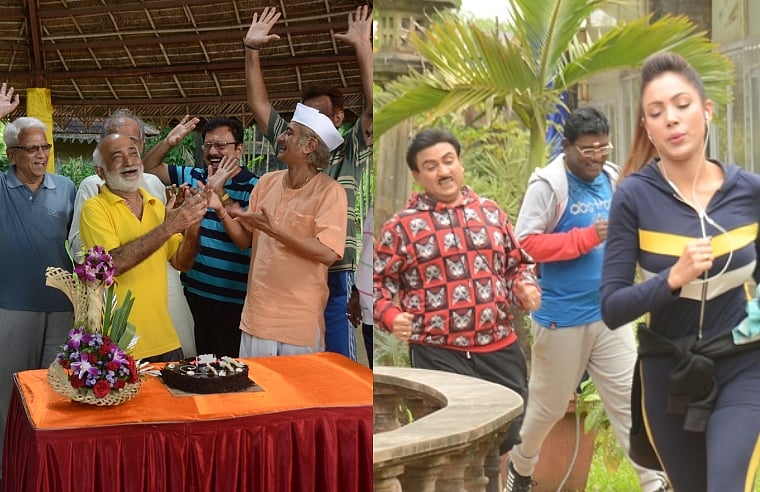Afghanistan may be governed by a ruling council now that the Taliban has taken over, while the Islamist militant movement's supreme leader, Haibatullah Akhundzada, would likely remain in overall charge, a member of the group told Reuters.
While talking to the news agency, Waheedullah Hashimi, who has access to the group's decision-making added that the Taliban would also reach out to former pilots and soldiers from the Afghan armed forces to join its ranks.
Thousands of soldiers have been killed by Taliban insurgents over the last 20 years, and recently the group targeted U.S.-trained Afghan pilots because of their vital role.
Akhundzada would likely play a role above the head of the council, who would be akin to the country's president, Hashimi added.
The Taliban's supreme leader has three deputies: Mawlavi Yaqoob, son of Mullah Omar, Sirajuddin Haqqani, leader of the powerful militant Haqqani network, and Abdul Ghani Baradar, who heads the Taliban's political office in Doha and is one of the founding members of the group.
"We will not discuss what type of political system should we apply in Afghanistan because it is clear. It is sharia law and that is it."
Hashimi said he would be joining a meeting of the Taliban leadership that would discuss issues of governance later this week.
"Most of them have got training in Turkey and Germany and England. So we will talk to them to get back to their positions," he said.
"Of course we will have some changes, to have some reforms in the army, but still we need them and will call them to join us."
He further said the Taliban expected neighbouring countries to return aircraft that had landed in their territory - an apparent reference to the 22 military planes, 24 helicopters and hundreds of Afghan soldiers who fled to Uzbekistan over the weekend.
Published on: Wednesday,August 18, 2021, 09:58 PM IST












